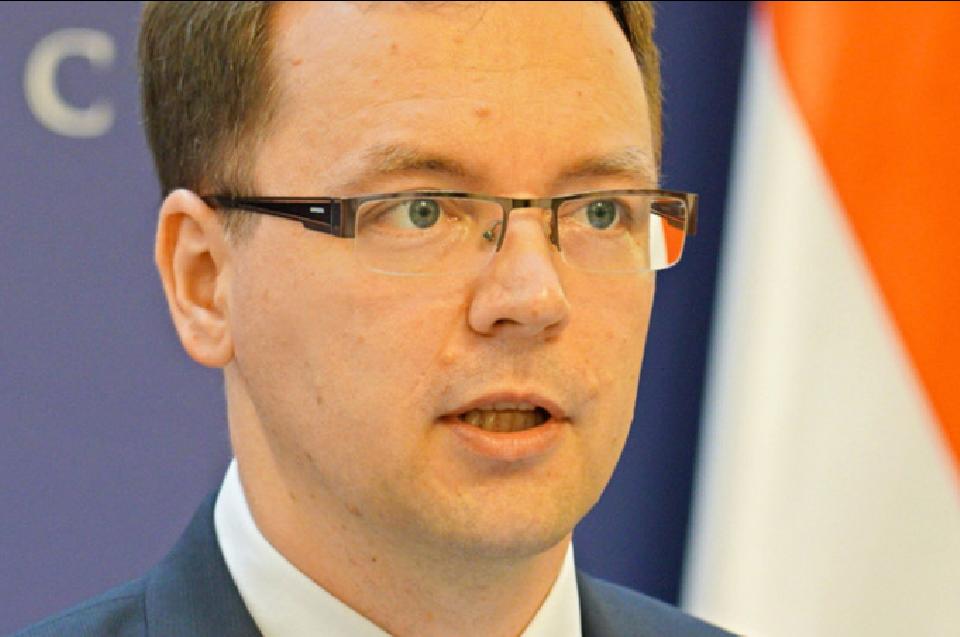The government successfully represented Hungarian interests in Brussels. The European Union accepted the government's tax arguments in two cases, so it is still possible to reclaim half of the VAT on rented cars, and the protection of fair businesses and budgets against insolvent companies remains ensured, Norbert Izer informed MTI.
The State Secretary responsible for tax affairs of the Ministry of Finance said that about 100,000 company cars may be affected by the favorable rule decided by the Council of the European Union in Brussels. By reclaiming half of the VAT, businesses not only save on tax, but can also significantly reduce their bureaucratic burdens, emphasized Norbert Izer. Until the end of 2018, it required a lot of energy for the given company to continuously and accurately record the company and private use of the car, he explained.
We managed to achieve that a serious administrative simplification could come into force in Hungary in 2019, which allowed the lessees that if there is business use, then only the fact of business use itself needs to be verified once, no other administration is required and the VAT of the monthly rent is 50 percentage can be deducted automatically - he detailed.
"Our goal was to keep the already fought for tax relief," said Norbert Izer, adding that this was achieved: the application of the rule was extended until December 31, 2024 by the Brussels board.
The Secretary of State referred to another decision of the Council, which could play an important role in the further whitening of the economy, noting that the Hungarian achievements in economic whitening have been recognized in the European Union for years. The radical reduction of tax evasion is largely due to online tools such as the cash register, ekaer or online invoice; however, these are not sufficient for taxpayers in an insolvent situation.
Therefore, an important step in the fight against tax evasion is that the Council has extended until December 31, 2024 the VAT settlement rules for taxpayers in an insolvent situation (typically those undergoing liquidation and bankruptcy proceedings), said Norbert Izer.
Instead of insolvent companies, the buyer pays the VAT if he sells a product or provides a service that costs more than HUF 100,000. In their case, reverse taxation is the guarantee that the VAT to be paid reaches the budget, he explained. The executive decisions of the Council approving the request to extend the Hungarian derogation are available in Tuesday's issue L360 of the Official Journal of the European Union, said the State Secretary.
Source and image: MTI/MH












